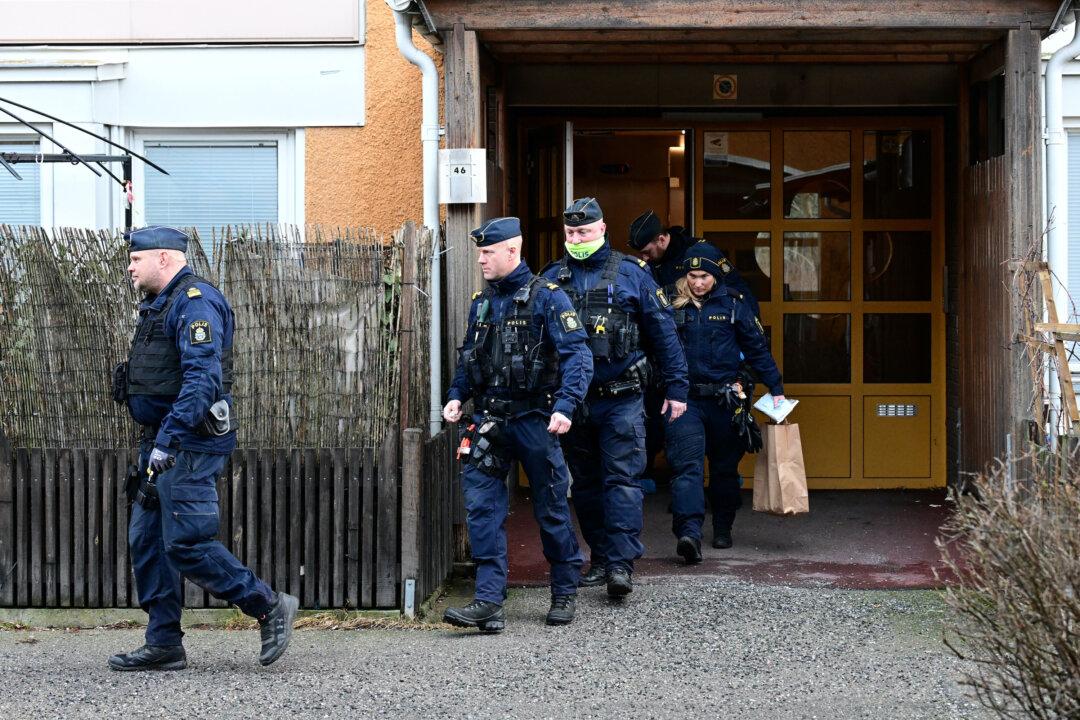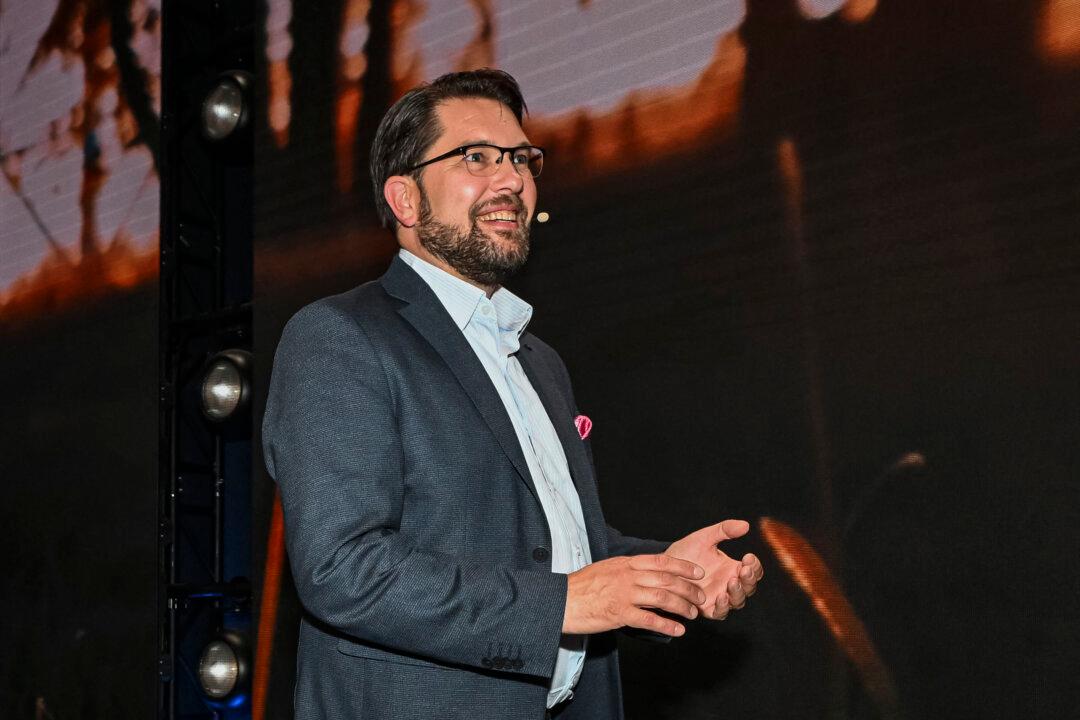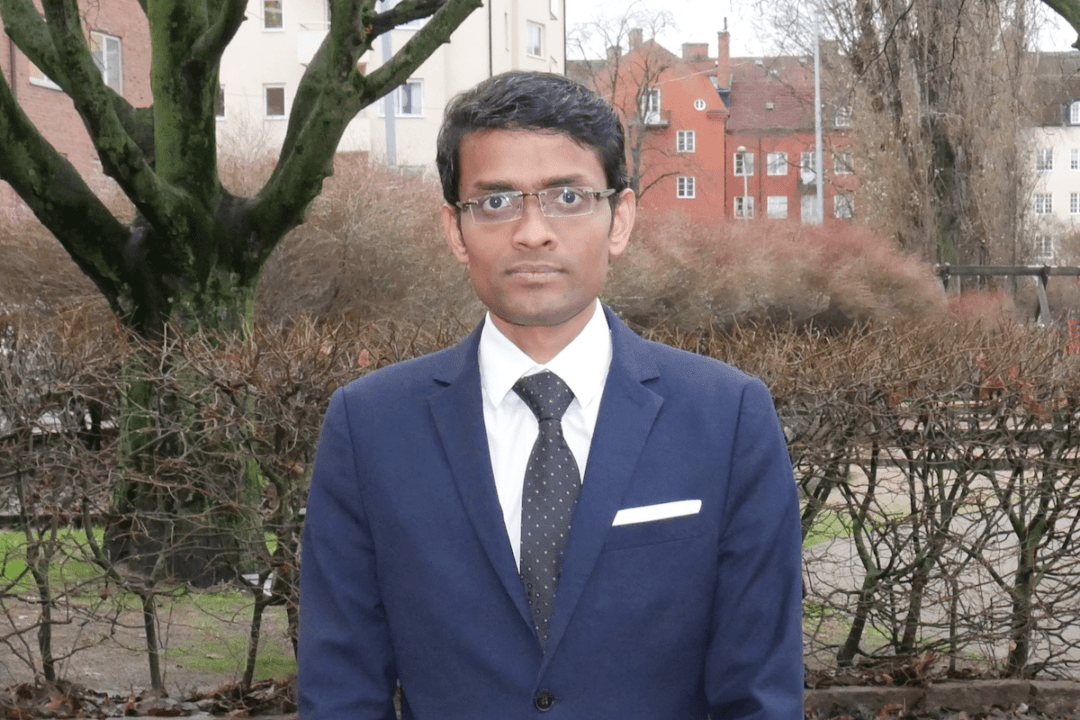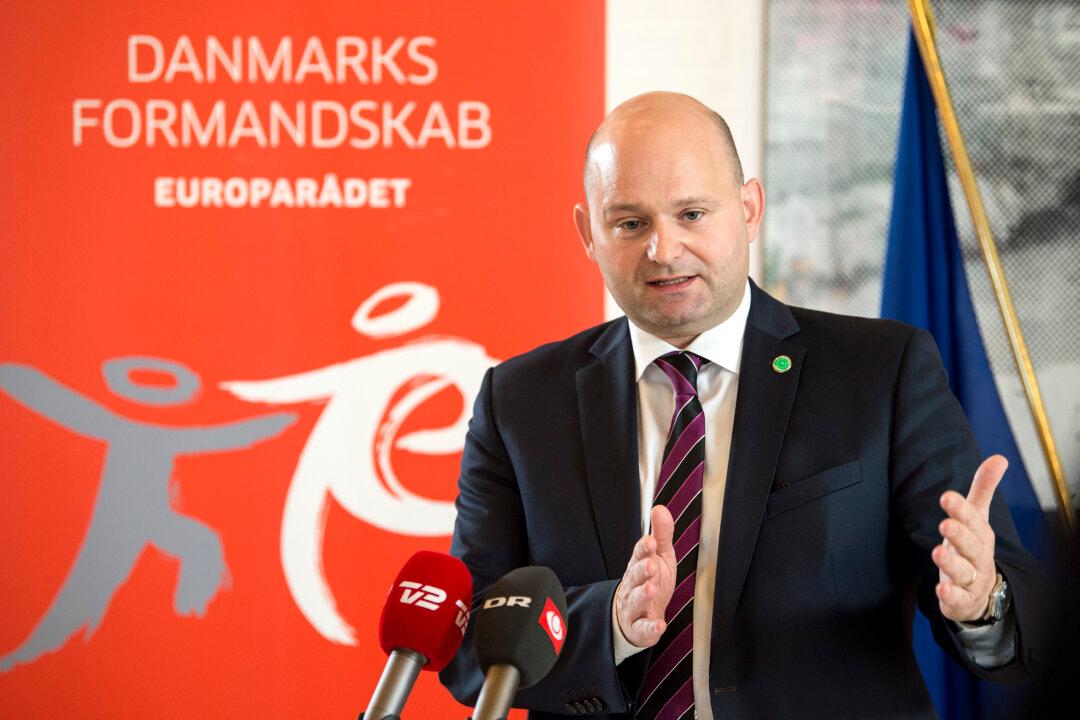STOCKHOLM—The Swedish national elections have ended in parliamentary deadlock with no clear winner, making for an uncertain and dramatic time ahead.
It was a very close call between the two traditional blocs on election night. The conservative/neo-liberal bloc, known as the Alliance, held 142 seats, and the left/green held 144. The result may shift slightly during the coming weeks, as the vote count is finalized.




